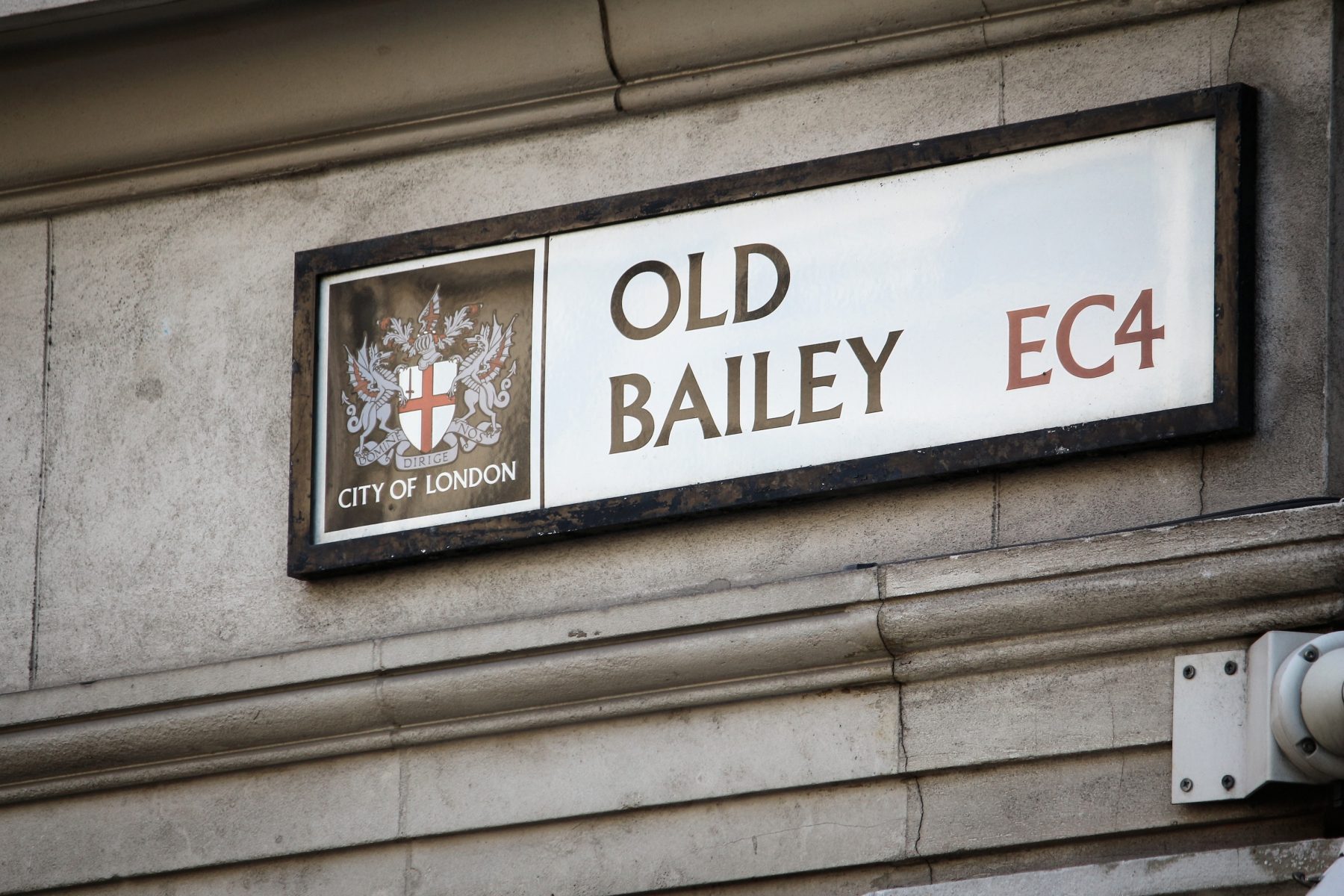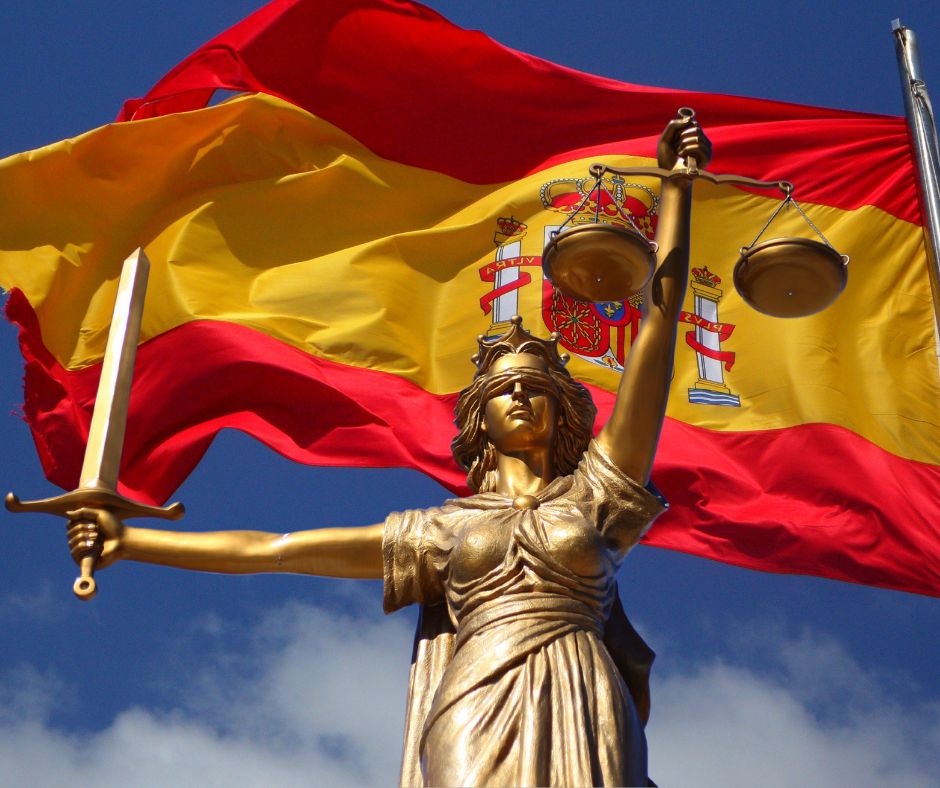Probate
When someone dies, you’ll need to get the legal right to deal with their property, money and possessions (their ‘estate’).
The term “Probate” comes from the Old French word “Probateur” which means to prove or demonstrate. Probating an estate involves proving that all debts of the deceased have been paid or properly secured before distributing assets to beneficiaries or heirs.
In order to do this, you may be able to apply for a ‘grant of representation’ – known as ‘probate’.
The Probate Process.
The probate process is the legal way to transfer an estate after someone dies. The process generally involves several steps, such as finding and verifying the will, notifying creditors, and distributing assets according to the terms of the will. Probate can typically take anywhere from a few months to a year or longer.
Most cases follow the same basic process.
1. Check if there’s a will – this normally states who sorts out the estate. If there’s no will the next of kin can apply.
2. Apply for a Grant of Probate/ Letters of Administration – this gives you the legal right to access things like the person’s bank account.
3. Pay any Inheritance Tax that’s due.
4. Collect the estate’s assets, for example money from the sale of the person’s property.
5. Pay any debts, for example unpaid utilities bills.
6. Distribute the estate – this means giving any property, money or possessions to the people entitled to it (‘beneficiaries’).
A grant of representation can sometimes be known as a ‘grant of probate’, ‘letters of administration’ or ‘letters of administration with a will’.
When someone dies, you’ll need to get the legal right to deal with their property, money and possessions (their ‘estate’).
Probate FAQs
The probate process can be hard; you’re grieving for your loved one, the last thing you want to think about is dealing with paperwork and lawyers which is why we do our best to make the whole process easier for you. Below are some frequently asked questions to clarify the process around Probate.
Is Probate needed?
If an Estate is valued above the Probate threshold, and the assets (everything he/she owned) were held in the deceased’s sole name, then Probate will be needed – even if he/she left a valid Will.
Whether or not probate is required is not dependent on whether the person died intestate (without making a Will) or whether they left a Will. Probate is required for all estate over a certain value that do not automatically pass to a surviving joint owner.
How much is the Probate threshold?
In England and Wales the Probate threshold varies depending on the individual bank’s/financial organisation’s rules however in most cases, assets up to a value of £5,000 can be transferred without going through the Probate process.
Anything over this amount will require probate and you will need the Letters of Administration to give you the legal right to access the person’s bank account and their other financial assets.
Does having a Will matter?
Although the need for Probate is not dependant on a Will, it is very important to make sure whether or not there was a Will as this will most certainly influence matters. For example the Will usually outlines who will be the Executors and the beneficiaries. If there isn’t a Will then it is the Intestacy rules that will determine who the beneficiaries of the estate will be.
How to apply for Probate?
In order to obtain the Letters of Administration, an application will need to be made to the Probate Registry (Court). Once granted, the document enables an appointed person to deal with any assets, property and money that the deceased person owned.
As the steps above demonstrate, the process of obtaining Probate involves a significant amount of legal, administrative and tax work. This process can take months and can have serious repercussions if mistakes are made, which is why we strongly advise you to appoint specialist legal support.







